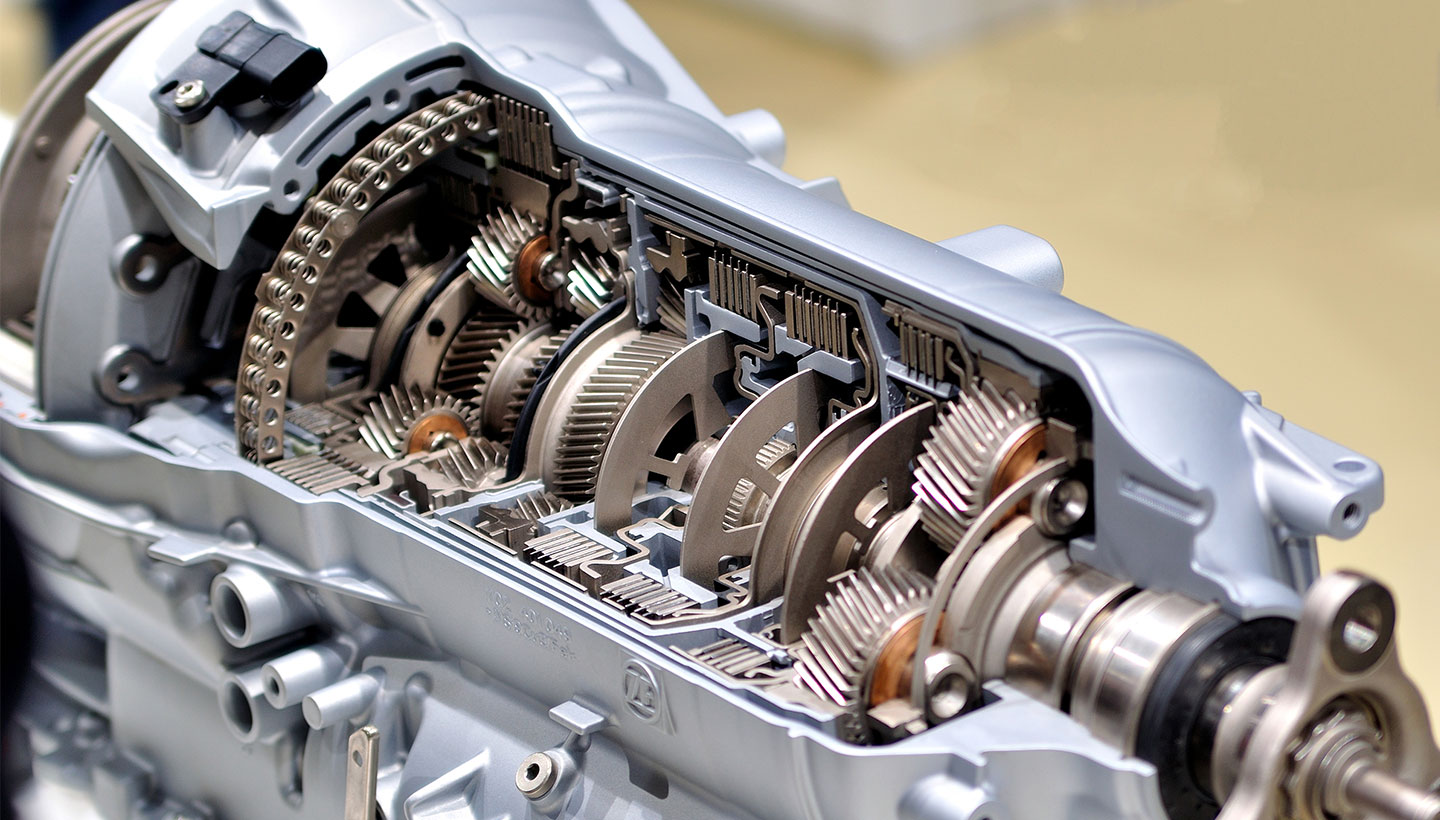Mobile:+86-311-808-126-83
Email:info@ydcastings.com
Exploring the Properties and Applications of 6061 Aluminum Alloy Casting Techniques and Advantages
The Significance of 6061 Aluminum Casting
6061 aluminum is one of the most widely used alloys in the aluminum family, particularly in machining and metalworking industries. Known for its versatility and strong mechanical properties, this alloy is particularly beneficial for various applications, especially when it comes to casting. In this article, we will delve into the characteristics of 6061 aluminum casting, its advantages, applications, and the processes involved in its manufacture.
Characteristics of 6061 Aluminum
6061 aluminum is classified as a heat-treatable alloy, primarily composed of aluminum, magnesium, and silicon. This combination results in good corrosion resistance, excellent weldability, and moderate to high strength. The alloy is known for its excellent extrusion characteristics, making it easy to form and modify for specific uses. It falls under the category of structural materials due to its rigidity and strength-to-weight ratio.
One of the standout features of 6061 aluminum is its response to heat treatment. When subjected to processes like solution heat treatment followed by aging, the mechanical properties of the metal significantly increase. This means that the 6061 alloy can achieve tensile strengths between 20,000 and 40,000 psi, making it suitable for structural applications.
Advantages of 6061 Aluminum Casting
The casting process facilitates the production of complex shapes and sizes that may be difficult or impossible to achieve with traditional machining methods. This advantage is especially pronounced in the case of 6061 aluminum, as the alloy's fluidity during casting allows for intricate designs with minimal defects. Some of the key benefits include
1. Weight-to-Strength Ratio 6061 aluminum has a favorable weight-to-strength ratio, which is critical in applications such as aerospace and automotive industries, where reducing weight without compromising strength is crucial.
2. Corrosion Resistance The natural oxide film that forms on the surface of aluminum makes 6061 highly resistant to rust and corrosion, extending the lifespan of castings made from this alloy.
3. Versatility This alloy can be easily machined, welded, and anodized, offering manufacturers numerous options for further processing post-casting.
4. Cost-Effectiveness While there are many aluminum alloys available in the market, the versatility and performance of 6061 often make it a cost-effective option in the long run, thanks to its durability and resistance properties.
6061 casting

Applications of 6061 Aluminum Casting
Due to its advantageous properties, 6061 aluminum casting finds relevance in various sectors
- Aerospace The aerospace industry often utilizes 6061 aluminum for components like aircraft frame components, brackets, and structural parts due to its lightweight and strength.
- Automotive In the automotive sector, 6061 is used for engine components, wheels, and various structural parts, which help in improving the fuel efficiency of vehicles.
- Marine The alloy’s corrosion resistance makes it ideal for marine applications, including boat fittings and hulls.
- Industrial In industrial manufacturing, 6061 aluminum casting is used for creating machinery parts, fixtures, and tooling due to its excellent machinability and durability.
Casting Process
The casting process for 6061 aluminum generally involves several steps
1. Melting The aluminum alloy is heated and melted in a furnace. 2. Pouring Once melted, the liquid aluminum is poured into molds designed to shape the item. 3. Cooling The casting must cool gradually to avoid defects such as warping or cracking. 4. Finishing Once cooled, the casting may undergo various finishing processes, such as machining, anodizing, or painting, to achieve the final product specifications.
Conclusion
In summary, 6061 aluminum casting offers a unique combination of strength, versatility, and corrosion resistance, making it a preferred choice in various industries. Its properties facilitate complex designs and applications while maintaining cost-effectiveness, positioning 6061 aluminum as a vital material in the modern manufacturing landscape. As industries continue to evolve and demand innovative solutions, the casting of 6061 aluminum will likely play an increasingly significant role.
-
Why Should You Invest in Superior Pump Castings for Your Equipment?NewsJun.09,2025
-
Unlock Performance Potential with Stainless Impellers and Aluminum End CapsNewsJun.09,2025
-
Revolutionize Your Machinery with Superior Cast Iron and Aluminum ComponentsNewsJun.09,2025
-
Revolutionize Fluid Dynamics with Premium Pump ComponentsNewsJun.09,2025
-
Optimizing Industrial Systems with Essential Valve ComponentsNewsJun.09,2025
-
Elevate Grid Efficiency with High-Precision Power CastingsNewsJun.09,2025











